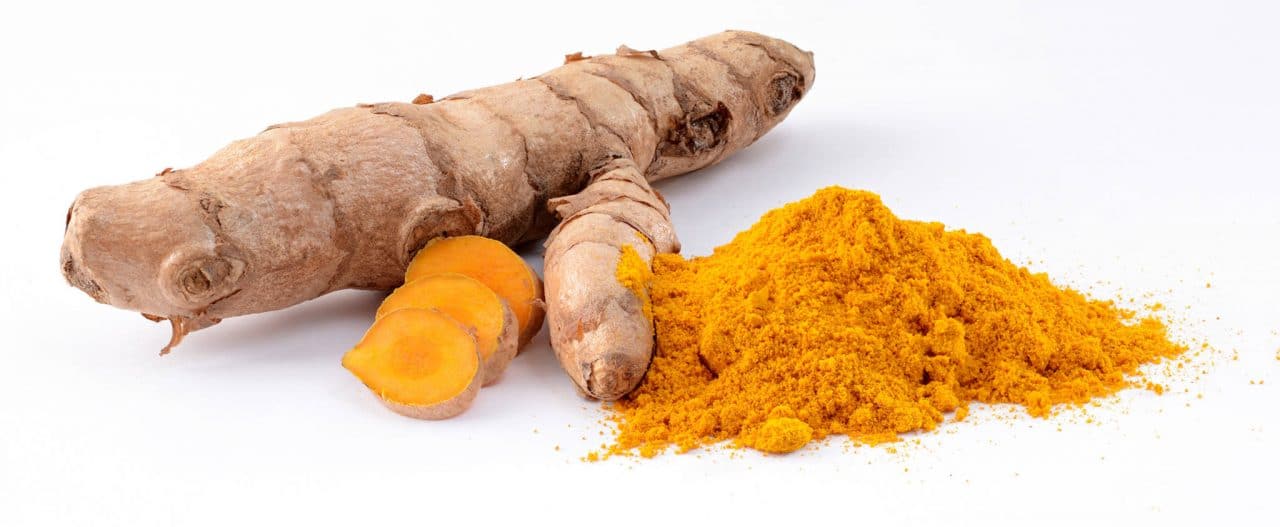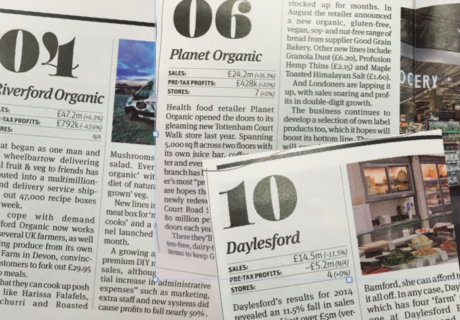A small study commissioned by the BBC programme Trust Me I’m A Doctor has shown that the health benefits of turmeric may be more pronounced when it is cooked, or eaten with food.
Turmeric, a spice common in South Asian cuisine, has become something of a ‘hero herb’ in recent years, as research builds to show it can improve everything from allergies to depression, inflammation to immune health. It’s become fashionable to sprinkle it on drinks and food, and it’s now a top-selling supplement.
Trust Me I’m A Doctor presenter Michael Mosely wanted to find out more about how turmeric yields its health benefits. So his BBC team commissioned a cancer specialist at University College London to conduct a novel experiment on 100 volunteers.
The team has developed ways to measure how cells undergo changes that could make them become cancerous, a process known as DNA methylation. If these changes are detected in time, potentially, they can be reversed before the cell turns cancerous. Mosely describes DNA methylation as being like “the dimmer switch that can turn the activity of the gene up or down”. He says it may explain why the risk of developing lung cancer reduces sharply when they give up smoking: “It could be that unhealthy methylation of genes, caused by tobacco smoke, stops or reverses once you quit”.
In the UCL study one group was asked to consume a teaspoon of turmeric every day for six weeks, ideally mixed in with their food. Another group were asked to swallow a supplement containing the same amount of turmeric, and a third group were given a placebo.
The volunteers who were asked to consume a teaspoon of turmeric a day mixed it into cooking, hot milk drinks and yoghurt, among other things.
Not surprisingly the researchers didn’t find any changes in the group taking the placebo. Nor did they find any differences in the supplement group. But the group that mixed turmeric powder into their food displayed quite substantial differences.
“It could be that adding fat or heating it up makes the active ingredients more soluble, which would make it easier for us to absorb the turmeric”
Prof Martin Widschwendter, who led the UCL team said told the BBC: “It was really exciting, to be honest. We found one particular gene which showed the biggest difference. And what’s interesting is that we know this particular gene is involved in three specific diseases: depression, asthma and eczema, and cancer. This is a really striking finding.”
Dr Kirsten Brandt, a senior lecturer at Newcastle University and who helped run the experiment, suggests that the way the turmeric was consumed may explain the different results. She told the BBC: “It could be that adding fat or heating it up makes the active ingredients more soluble, which would make it easier for us to absorb the turmeric. It certainly gives us something, to work on, to try to find out exactly what’s happening.”
Industry reaction
NPN reader, Fred Lundberg, told us that people who understood turmeric well would not be surprised by the findings. “It is already well proven that a mix of “Golden Paste” – turmeric, coconut, oil, black pepper and water – boots the bio-availability of the circumin massively due to the piparin in black pepper.
It would have been great for those already in the know to see more conclusive experiments ran on the golden paste, which can be readily Googled.”

Welcoming the BBC’s research, Sebesatian Pole, herbal director at Pukka Herbs, said: “Trust Me, I’m A Doctor’s research demonstrated a well-known fact: taking turmeric with spice and fat aids absorption in the body. Turmeric’s traditional use with black pepper, ginger, milk or ghee reveals an ancient insight into how you can enhance the bioavailabilty and efficacy of the turmeric. It shows how the positive epidemiological benefits of using turmeric powder in the Indian diet (at around 1g/day) may contribute to lower cancer rates, Alzheimer’s and diabetic complications seen on the India subcontinent.
“Pukka’s Wholistic Turmeric capsules contains long pepper and ginger whose constituents piperine, gingerol and shogaol have been studied extensively and reported to enhance bioavailability of many plant compounds by promoting more rapid absorption of their nutrients. In addition, the curcuminoids are embedded within a fat soluble matrix gained from the fat soluble supercritical extraction process meaning that Wholistic Turmeric provides a similar effect to the cooking process using fats and spices.”
He added:” Whilst we of course support eating a healthy diet that includes turmeric, a well absorbed supplement is also a valuable choice.”





